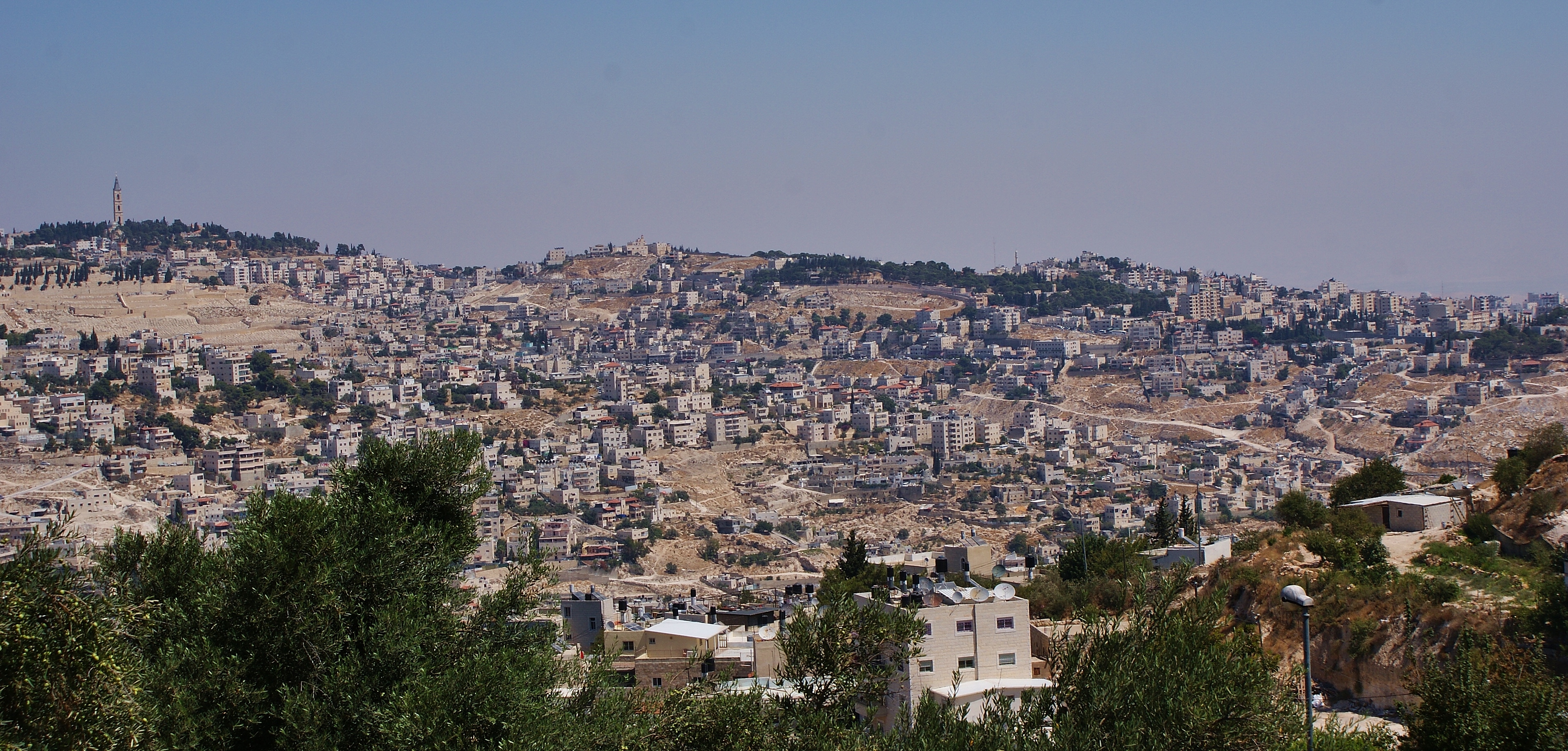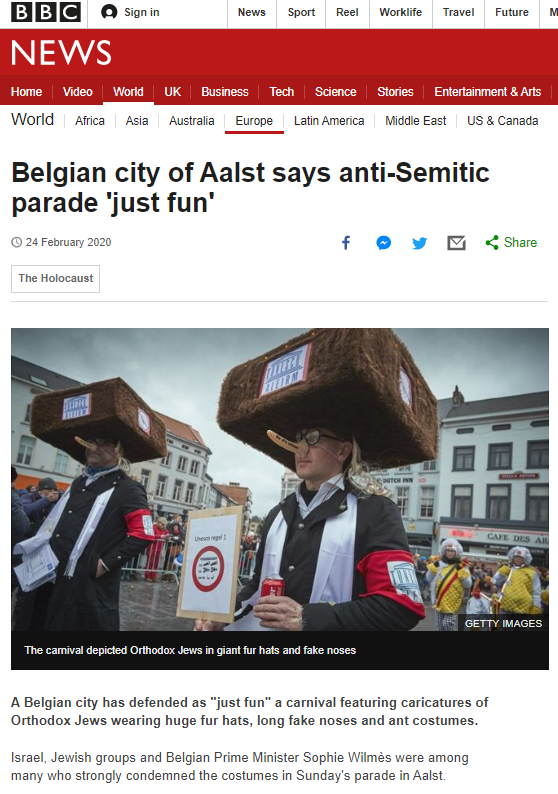Whenever an Israeli planning body makes an announcement concerning some stage or other of the construction of apartments and houses in certain neighbourhoods of Jerusalem or towns and villages in Judea and Samaria, the BBC is usually very quick off the mark in producing a report which typically includes condemnation from PA officials, comment from at least one political NGO and the standard BBC insert designed to impress upon audiences that “settlements are considered illegal under international law, though Israel disputes this”.
Last week, however, the Jerusalem District Planning and Building Committee approved the construction of 2,200 new apartments in a neighbourhood on the ‘wrong’ side of the 1949 Armistice Lines and yet not a word on that decision appeared on the BBC News website.
“The Interior Ministry’s District Planning and Building Committee on Monday invited the submission of a master plan for the construction of 2,200 new housing units for the Arab sector in the East Jerusalem neighborhood of Jabel Mukaber. As part of the plan, several hundreds of housing units built illegally will also be retroactively approved. […]
The plan allocates an area of some 1,500 dunman [sic- dunams] between Jabel Mukaber and Abu Dis for the construction of housing units. The project also includes areas allocated for commercial and employment centers, public buildings, schools, new roads and new parks. The “American road” will also be developed as part of the plan, a central traffic artery for east and south-east Jerusalem, along which commercial and employment centers will be developed.”
The BBC’s cognitive dissonance concerning Arab Jerusalemites who live in what it persistently describes as “settlements” has been noted here in the past. Now we see another example of the disturbing fact that the BBC’s issues with Israeli construction actually do not depend on the project’s location – or even on the topic of building itself – but upon the faith and ethnicity of the people it assumes will be moving into newly built apartments and houses in specific areas.
There’s a word for that.




